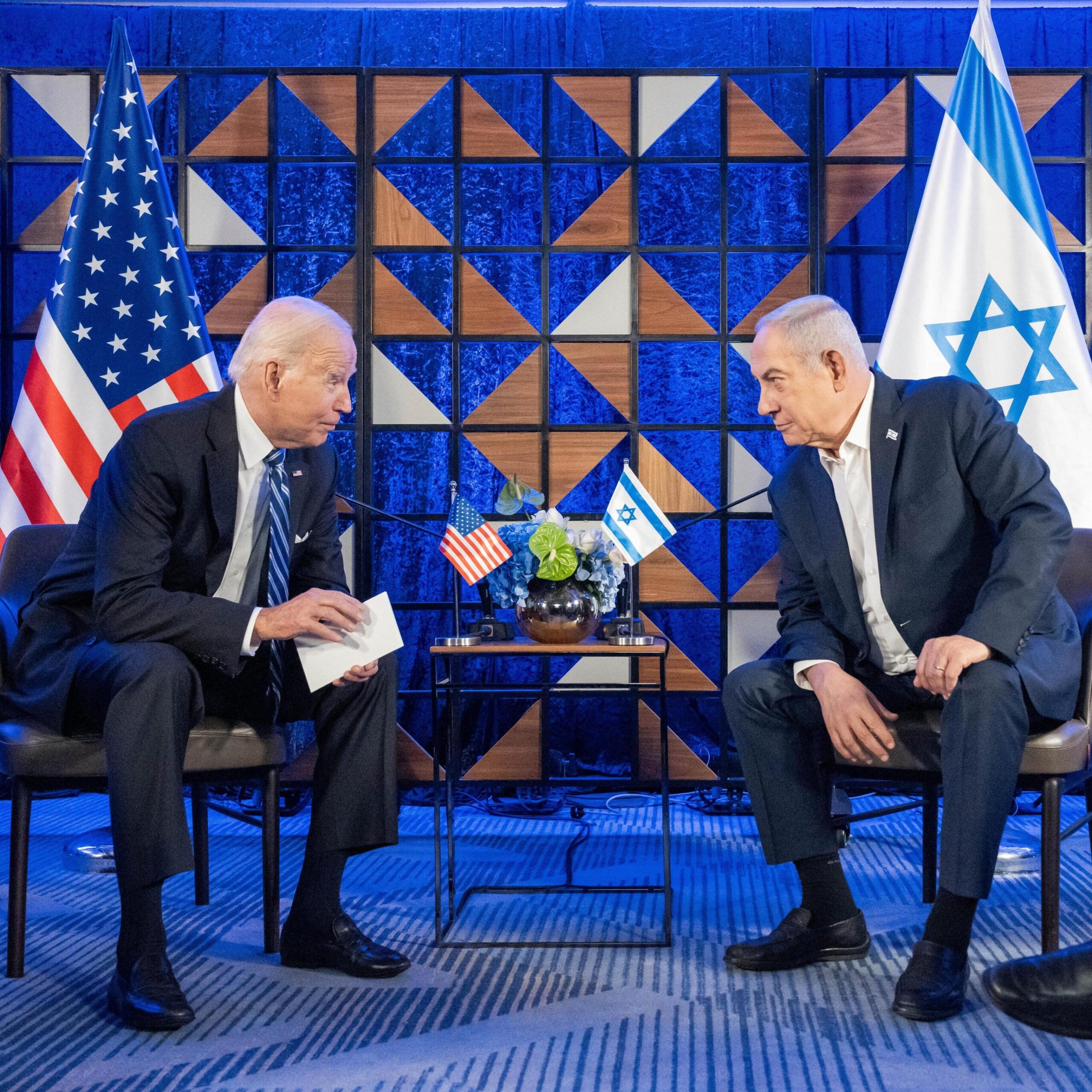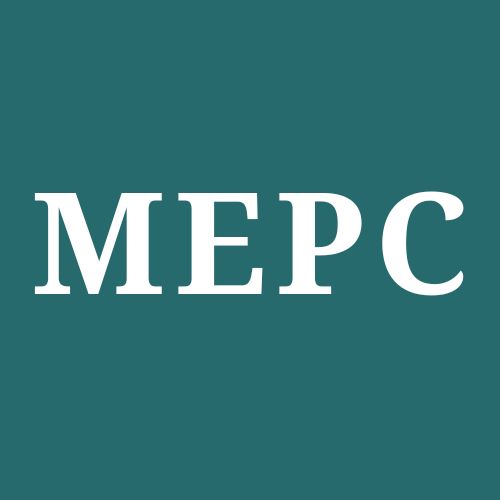
Background
- On Wednesday, July 24, Israeli Prime Minister Benjamin Netanyahu addressed a joint session of Congress to discuss the war in Gaza.
- Netanyahu’s speech comes in the midst of the ninth month of Israel’s war with Hamas and continued international criticism of the humanitarian consequences of its military operations in the enclave.
- As of July 24, Israel’s campaign in Gaza has killed an estimated 39,000 Palestinians and displaced over 1.9 million.
- Over 50 Democratic lawmakers boycotted the address, including former Speaker Nancy Pelosi, Senate Majority Whip Dick Durbin, and president pro tempore Sen. Patty Murray.
- In protest of Netanyahu’s visit, thousands of pro-Palestinian and anti-war demonstrators gathered near the Capitol, leading to the arrest of at least nine protestors.
Netanyahu’s Address to Congress
- In his speech, Netanyahu forcefully defended Israel’s military operation in Gaza, portraying it as a “clash between barbarism and civilization.”
- Promising “total victory” against Hamas, Netanyahu rejected accusations by human rights groups, the United Nations, and the International Criminal Court that Israel has committed war crimes in Gaza.
- In May, ICC Prosecutor Karim Khan filed applications for arrest warrants for Benjamin Netanyahu and Minister of Defense Yoav Gallant over alleged war crimes and crimes against humanity.
- In his speech to Congress, Netanyahu rejected this move as “utter, complete nonsense,” dismissing accusations that Israel has intentionally starved Gazans and targeted civilians.
- Netanyahu claimed that Israel had enabled over 40,000 aid trucks to enter Gaza and that “if there are Palestinians in Gaza who aren’t getting enough food, it’s not because Israel is blocking it. It’s because Hamas is stealing it.”
- The number of trucks allowed to enter into Gaza is disputed, with many aid organizations expressing difficulties coordinating with the Israeli military.
- Dismissing Israeli culpability for the Gaza civilian death toll, Netanyahu blamed Hamas for putting “Palestinian civilians in harm’s way” by using hospitals, mosques, and schools for its military operations.
- Netanyahu claimed that Israel had enabled over 40,000 aid trucks to enter Gaza and that “if there are Palestinians in Gaza who aren’t getting enough food, it’s not because Israel is blocking it. It’s because Hamas is stealing it.”
- In lobbying for continued American support, Netanyahu framed Israel’s war against Hamas as part of a broader conflict between Iran’s “axis of terror” and the United States.
- He referenced Churchill’s appeal for increased American support in World War II, asking American lawmakers to “give us the tools faster, and we’ll finish the job faster.”
- The Prime Minister thanked both Democrats and Republicans for their support, including Joe Biden and Donald Trump.
- Netanyahu vaguely discussed post-war plans, stating that if Hamas was defeated “a new Gaza could emerge” and that Israel “does not seek to resettle Gaza.” However, ceasefire prospects were not discussed at length.
Netanyahu’s Following Meetings
- On Thursday, July 25, Netanyahu met separately with both President Biden and Vice President Harris.
- After their meeting in the Oval Office, the White House reported that President Biden “expressed the need to close the remaining gaps, finalize the [ceasefire] deal as soon as possible, bring the hostages home, and reach a durable end to the war in Gaza.”
- In her meeting with Netanyahu, Harris reportedly underscored Israel’s right to defend itself alongside humanitarian concerns, telling him that “it is time to get this deal done.”
- Former President Trump is expected to meet with Netanyahu on Friday, July 25, at Trump’s Mar-a-Lago residence, representing their first meeting since Trump left office.

